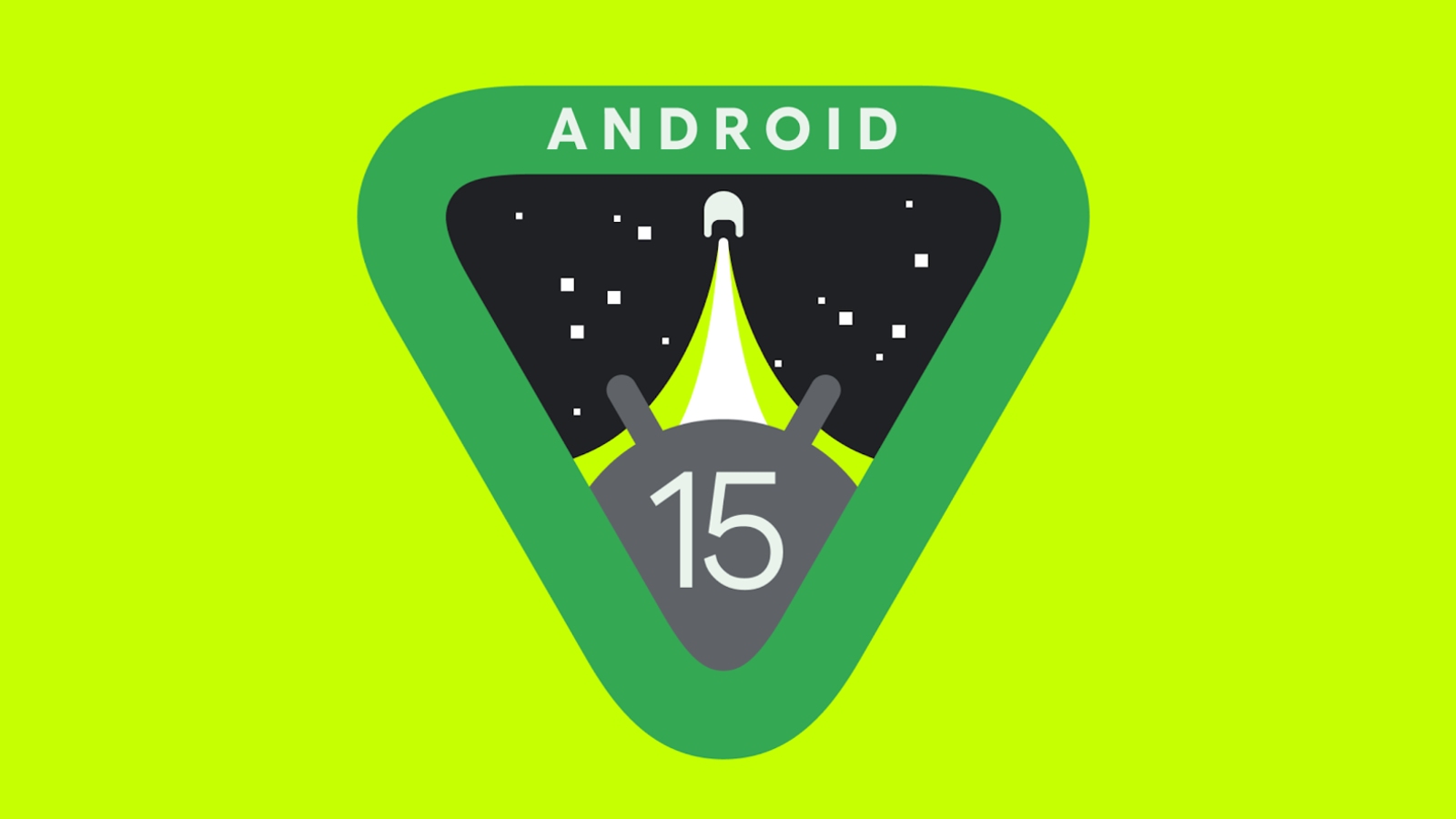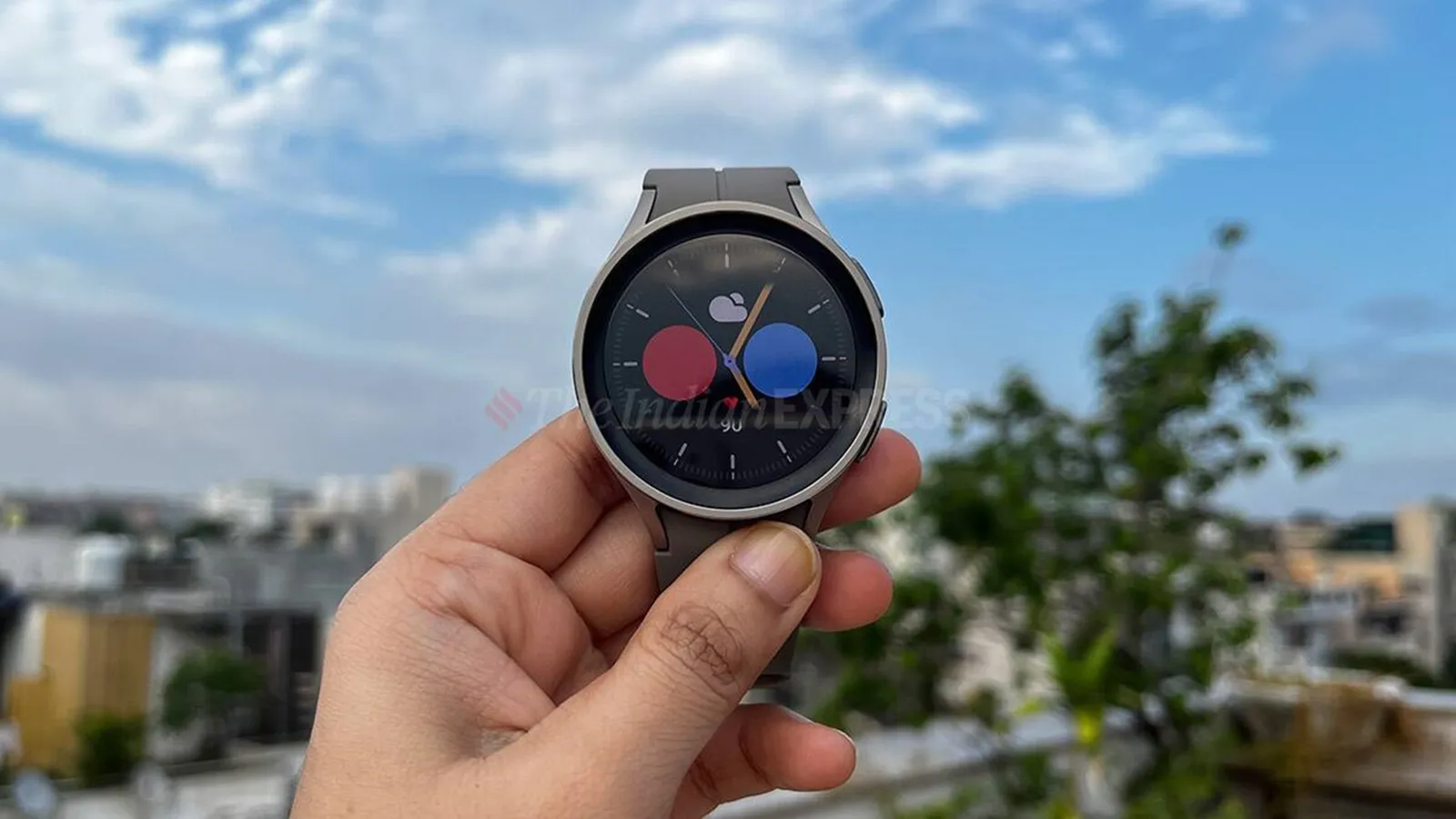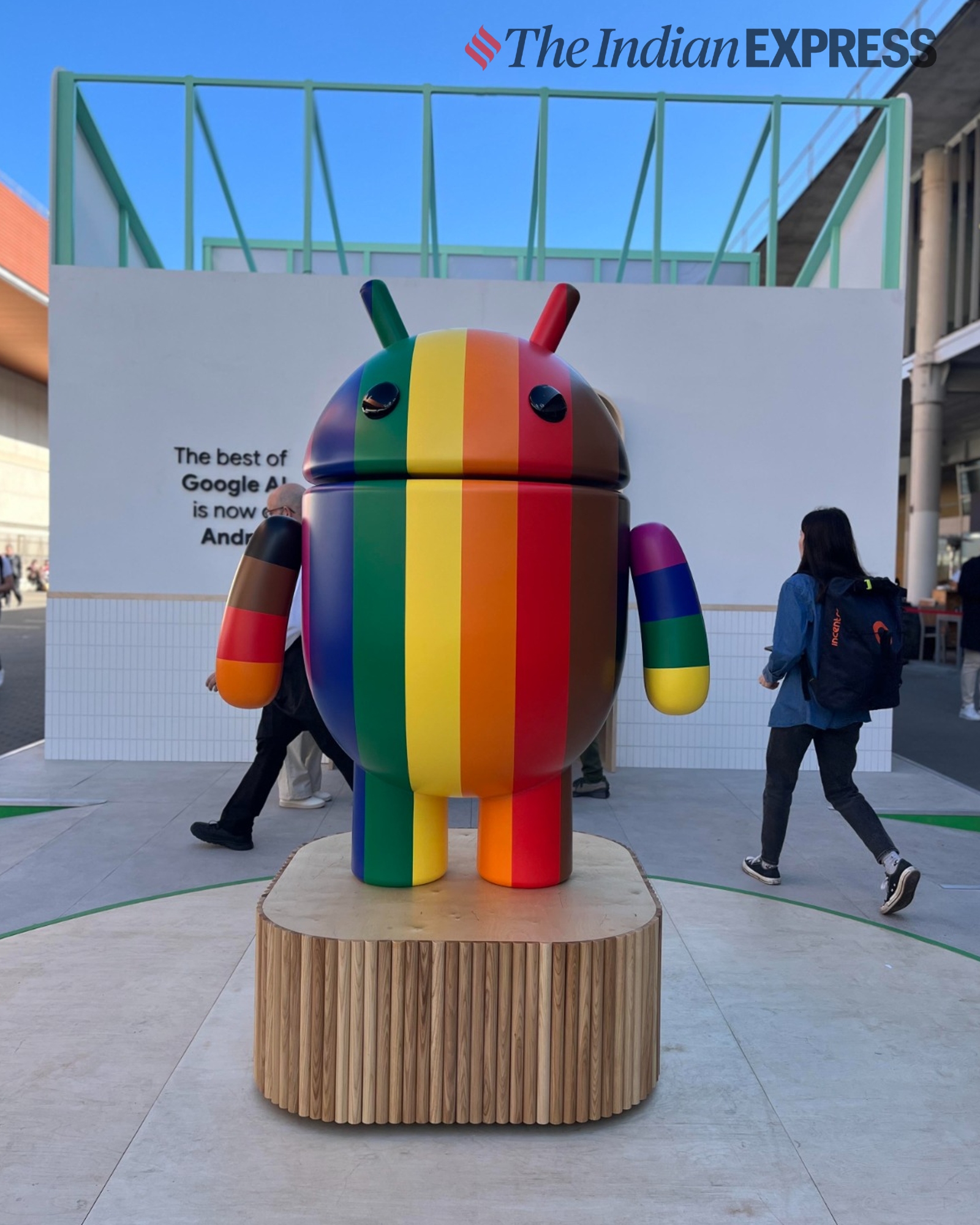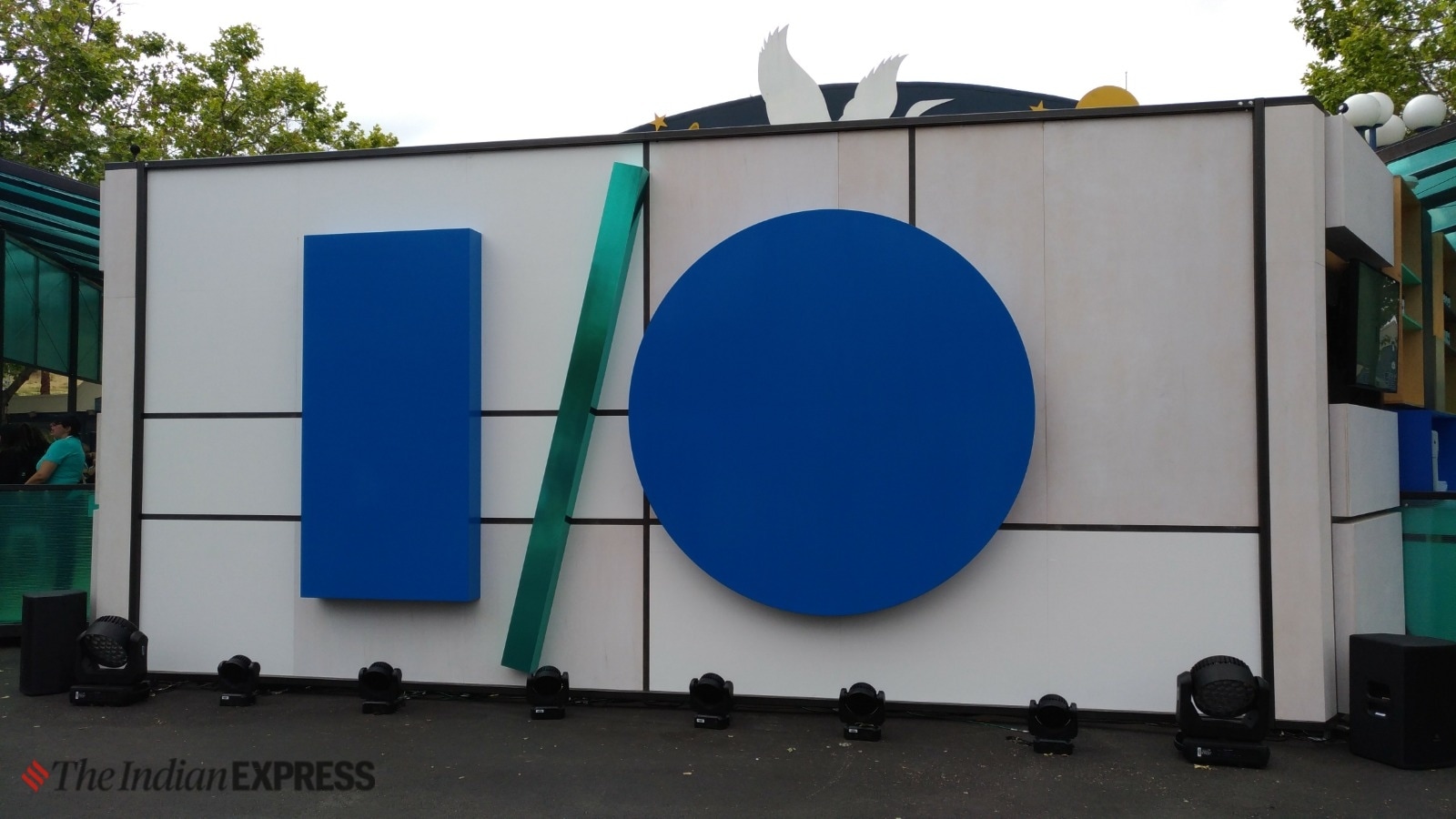Anuj Bhatia is a personal technology writer at indianexpress.com who has been covering smartphones, personal computers, gaming, apps, and lifestyle tech actively since 2011. He specialises in writing longer-form feature articles and explainers on trending tech topics. His unique interests encompass delving into vintage tech, retro gaming and composing in-depth narratives on the intersection of history, technology, and popular culture. He covers major international tech conferences and product launches from the world's biggest and most valuable tech brands including Apple, Google and others. At the same time, he also extensively covers indie, home-grown tech startups. Prior to joining The Indian Express in late 2016, he served as a senior tech writer at My Mobile magazine and previously held roles as a reviewer and tech writer at Gizbot. Anuj holds a postgraduate degree from Banaras Hindu University. You can find Anuj on Linkedin. Email: anuj.bhatia@indianexpress.com ... Read More
I/O 2024: 4 big things to expect from Google’s big developer conference in California
Artificial intelligence will take center stage at Google’s I/0 developer conference, which opens Tuesday in Mountain View, California.
 The event is taking place at Shoreline Amphitheater in Mountain View, California, just down the road from Google's headquarters. (Image credit: Anuj Bhatia/Indian Express)
The event is taking place at Shoreline Amphitheater in Mountain View, California, just down the road from Google's headquarters. (Image credit: Anuj Bhatia/Indian Express)Google’s annual developer conference, I/O, kicks off with a keynote from CEO Sundar Pichai on Tuesday, and according to industry experts, the tech company will be betting everything on artificial intelligence. Google is expected to discuss its AI vision for the future as well as announce the integration of generative AI into every popular product it offers, used by billions of people. The spotlight will be on AI, but I/O is a developer conference, which means Google will also unleash a slew of new apps, features, and development tools at its annual software conference. Here are a few things to watch for during the keynote event on May 14.
Android 15
 Android 15 developer preview is currently available for Pixel smartphones (image credit: Google)
Android 15 developer preview is currently available for Pixel smartphones (image credit: Google)
We will hear about the next iteration of Google’s mobile software that powers smartphones. Android 15, internally known as “Vanilla Ice Cream,” is currently available in beta, and Google will announce the public release at this year’s developer conference. Based on the beta version, Android 15 looks quite similar to previous Android versions, but there are some notable new features like partial screen recording, app archiving, webcam mode, extended satellite messaging, among others. However, many of the new features are yet to be uncovered, and we have to wait until the developer conference. How Google improves the software experience on tablets and foldables is something one should keep an eye on at this year’s I/O. In particular, AI-powered features coming to Android 15 are expected to make more noise in light of Apple’s reveal of its AI strategy next month.
WearOS 5
 Some popular wearOS powered smartwatches available in India include Galaxy Watch and Pixel Watch 2. (Express Photo)
Some popular wearOS powered smartwatches available in India include Galaxy Watch and Pixel Watch 2. (Express Photo)
Moving on to WearOS, Google is likely to unveil Wear OS 5, following the launch of Wear OS 4 last year. Nothing much is known about WearOS 5 right now. Suffice to say, the new version of the smartwatch operating system will bring tiny yet significant improvements. Last year’s WearOS 4 brought improved battery life, a way for users to back up and restore their watches, new accessibility features, better smart home integrations, and more. WearOS is yet to gain wide support from OEMs, with only a handful of brands launching smartwatches powered by Google’s watch OS. Expect WearOS 5 to launch on upcoming devices like the Galaxy Watch 7 and Google Pixel Watch 3.
Gen AI updates
 Gemini comes in a few different sizes, and the smallest “Nano” size is specifically designed to run on smartphones, to enable “on-device AI.” (Image credit: Anuj Bhatia/Indian Express)
Gemini comes in a few different sizes, and the smallest “Nano” size is specifically designed to run on smartphones, to enable “on-device AI.” (Image credit: Anuj Bhatia/Indian Express)
Perhaps the most anticipated announcements are related to AI. You can expect to see a ton of new AI announcements. Gemini, Google’s ChatGPT rival, will surely get a fair share of updates. The chatbot has struggled to keep up with ChatGPT in popularity. In fact, Google’s journey to roll out the AI chatbot hasn’t been easy, with countless upgrades and an entire rebranding exercise. Once powered by the LaMDA model, the chatbot is now powered by Gemini. But Google needs to keep updating it and add new exciting features to engage more users to use its AI chatbot. A more immersive experience on iOS is something Google can look at to begin fixing the AI chatbot. Unlike Android users, iOS users can’t download a dedicated Gemini app, as access to the chatbot is limited to the Google app. This is a huge misfire given the size of the iOS user base that uses Google as their default search engine on their iPhones. Updates to Gemini are obvious at this point, but Google could also announce new more advanced Large Language Models (LLMs) embedded into Android devices. At the moment, some premium Android smartphones come with Gemini Nano, a lighter version of Google’s Gemini AI model. Experts, however, say Google may bring the power of Gemini AI to more Android smartphones through partnerships and collaborations as it did with Samsung and recently OnePlus parent Oppo.
We may also see Google’s plans to replace Google Assistant on smartphones with Gemini AI. There are also talks of an AI assistant called Pixie as an exclusive feature for Pixel devices. Pixie is touted to be a multimodal Google Assistant replacement and will be based on Gemini. It will apparently use the information available on the device to do things like looking at objects through the device’s camera and give them directions to places to buy them using Maps. It may debut in the Pixel 9, due for launch later this year.
At I/O this year, users should also expect generative AI updates for core Google products such as Gmail, Search, Chrome, Maps, and G Suite. This is besides new software upgrades across Android Auto, Chrome OS, and Android developer tools.
Pixel phones
There have been new hardware reveals at previous Google I/O events, even if it was just a tease into upcoming products. Last year’s I/O saw Google debuting three new Pixel hardware products: the Pixel Fold, the Pixel Tablet, and the mid-ranger Pixel 7A. For this year, Google has already announced the Pixel 8a ahead of I/O. However, the formal launch will happen on the same day as I/O. As far as the Pixel 9 series and Pixel Fold 2, there is an outside chance that both devices break cover at the developer conference. Google will most likely hold a separate event this fall to introduce its newest flagship smartphones.
Why Google I/O is important
 Google is keen to put generative AI offerings into all of its services: search, photo and video tools, and its workspace suite of tools like Gmail and Docs. (Image credit: Anuj Bhatia/Indian Express)
Google is keen to put generative AI offerings into all of its services: search, photo and video tools, and its workspace suite of tools like Gmail and Docs. (Image credit: Anuj Bhatia/Indian Express)
This year’s I/O is shaping up to be one of its most important developer conferences in years – and not just because it will be packed with product announcements but also because of the timing at which the flagship show is being hosted. Big tech is in the midst of an AI arms race, and every company is working on building the foundation upon which they will launch new platforms. Like Microsoft, OpenAI, and Apple, Google wants to succeed in artificial intelligence, as the tech is advancing rapidly, faster than one could imagine. Whatever Google announces at its I/O conference will give a clue to the direction in which the company is heading, even hinting at what that may mean for the future of its apps and services. During last year’s developer conference, AI was also the larger theme with Google announcing two new large language models (PaLM 2 and Bard, now branded Gemini), new AI features in Android 14, updated Wear OS 4, and brand new hardware.
The writer is attending I/O 2024 in Mountain View California, at the invitation of Google India. He can be reached at anuj.bhatia@indianexpress.com.








